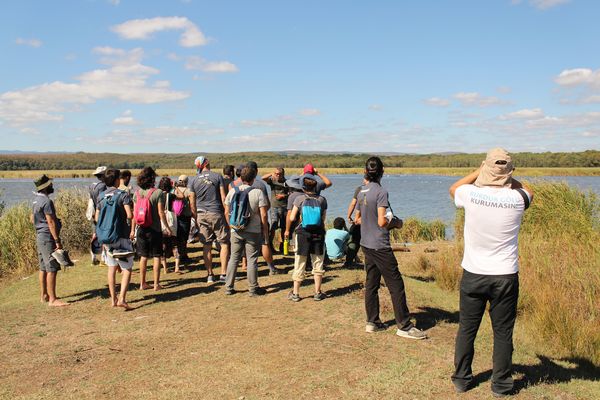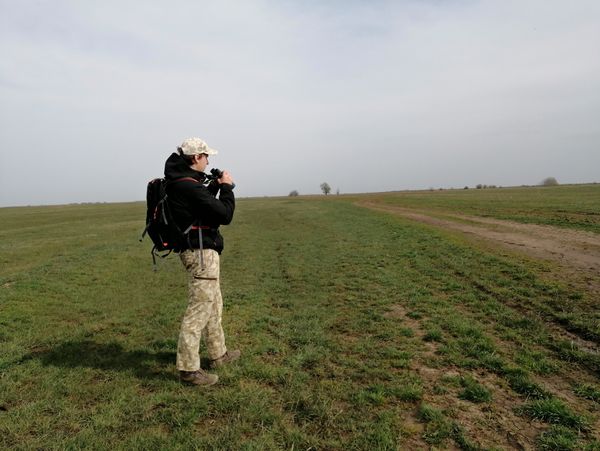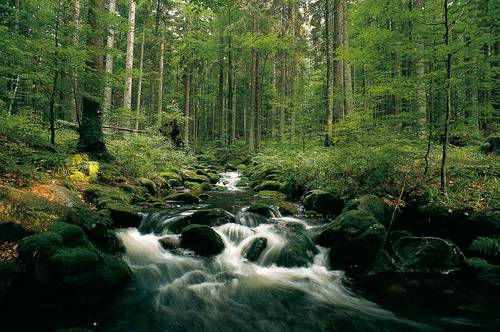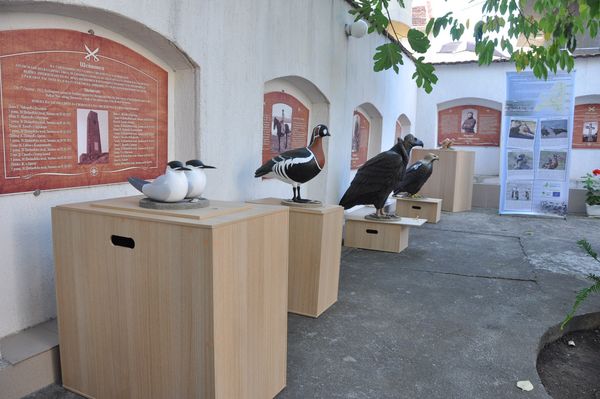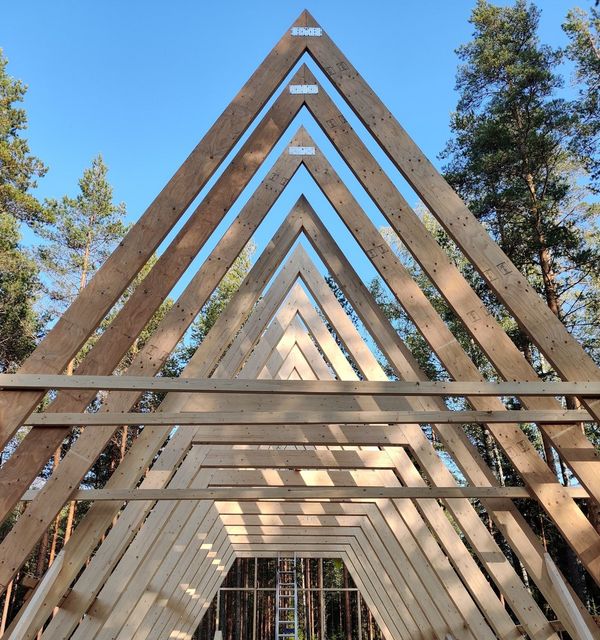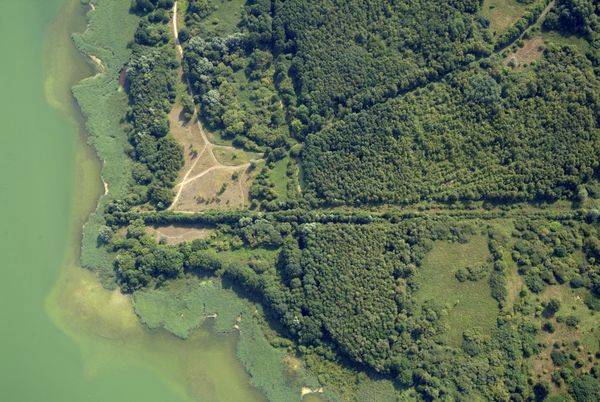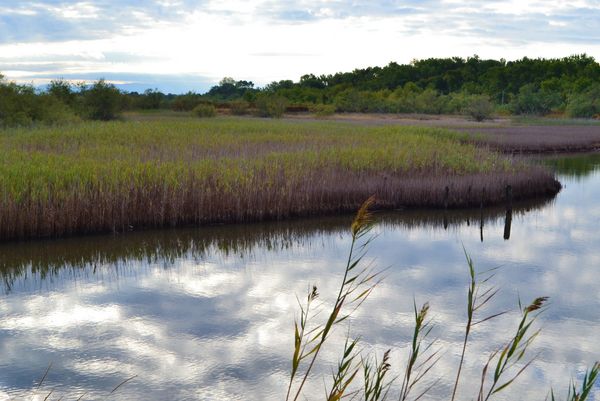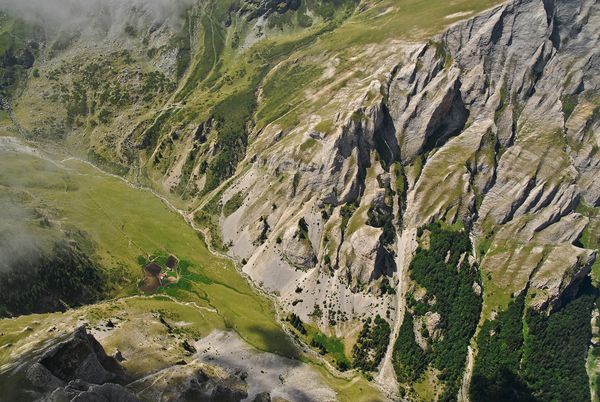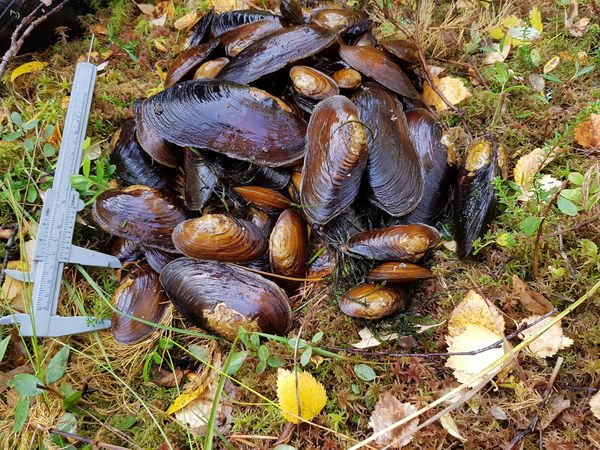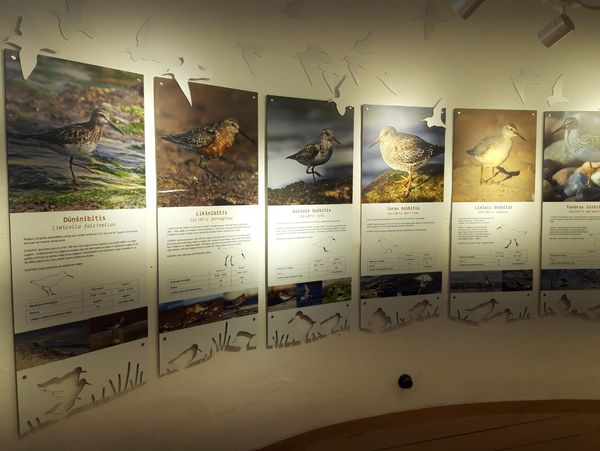News
05/10/2020
A camp for bird lovers in Turkey
Young participants from different parts of Turkey came together for a bird monitoring camp organized by the Association of Back to Nature Youth and Sport Club this autumn. An exciting experience for 7 days.
05/10/2020
The great guardians of the imperial eagle
Faced with numerous threats and being at the very edge of extinction the last breeding pair of imperial eagles in Serbia found their last resort at the Special Nature Reserve (SNP) “Pastures of the Great Bustard” in Northern Banat region of Serbia. All with help of committed conservationists.
03/10/2020
The European Green Belt and 30 years of the German reunification – Nature conservation connects neighbours
These days in autumn 2020, people in Germany are celebrating the 30th anniversary of the fall of the Berlin Wall – an event for conservationists to claim: nature deserves attention, too.
02/10/2020
Birds that can easily be touched: An exhibition that brings people close to nature of the European Green Belt
This year, Green Balkans celebrated the European Green Belt Days in an unusual way with an amazing exhibition. At the opening of the event entitled “The Living Exhibition” Green Balkans and the Historical Museum Svilengrad made a connection between the Green Belt and some of its rare birds species.
02/10/2020
The Green Belt connects people in Finland and Russia
The Virolahti municipality, the southeastern-most municipality of Finland at the border of Russia, has been running an exciting two-year project aiming to connect people on the European Green Belt.
30/09/2020
Call for funding of large-scale nature conservation projects in Germany is open
On the occasion of the 30th anniversary of the German reunification, the federal states bordering the German Green Belt and the Federal Ministry for the Environment have declared that they intend, in dialogue with the stakeholders, to completely secure and if possible designate the German Green Belt as a National Natural Monument. In addition, they intend to strengthen the ecological network along the Green Belt, including the section on the German border with the Czech Republic.
25/09/2020
Nature and culture go together – Celebrations of this year’s European Green Belt Days in Albania and Montenegro
The cross-border areas along the European Green Belt are special: Over a long period of time there was low human activity, providing nature the opportunity to unfold its values. These areas have turned into a green stage to celebrate the European Green Belt Days (each year between 18-24 September).
22/09/2020
All eyes on nature! We are celebrating the European Green Belt Days 2020!
Despite the ongoing Covid-19 restrictions conservationists along the European Green Belt are happy to again celebrate this year’s European Green Belt Days between 18-24 September! A bit different, but special.
19/09/2020
Small but with big impact! Freshwater pearl mussels need protection in the uppermost corner of European Green Belt
Populations of the endangered freshwater pearl mussel are studied and new conservation methods developed far north of the EGB, in Fennoscandia. This summer, field mappings of Finnish rivers revealed at least ten unknown populations, laying the basis for further research on the species.
18/09/2020
News from Latvia – a national park shows what it has to offer
In Latvia, the smallest among the four national parks, Slītere National Park, has great things to offer: A new exhibition dedicated to the Calidris waders.

